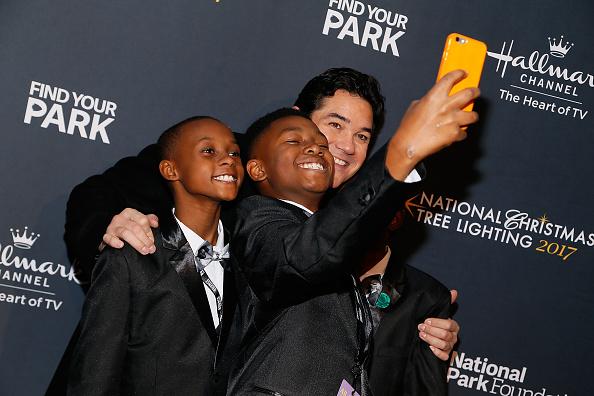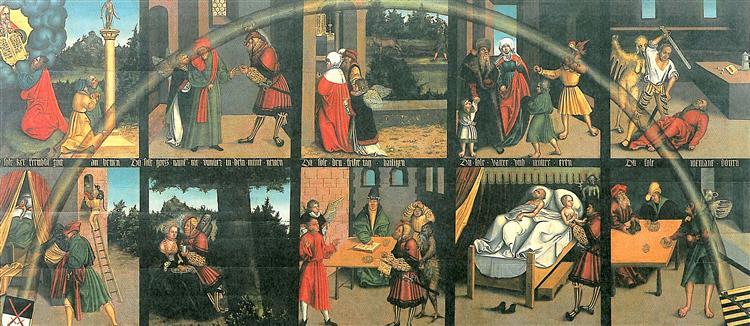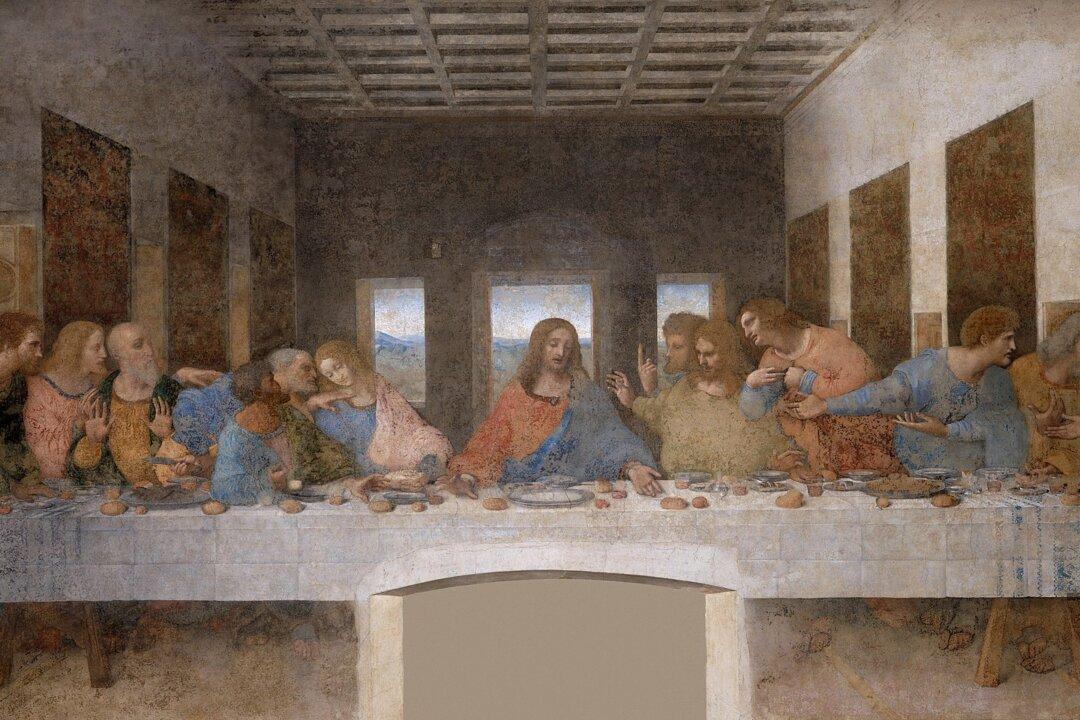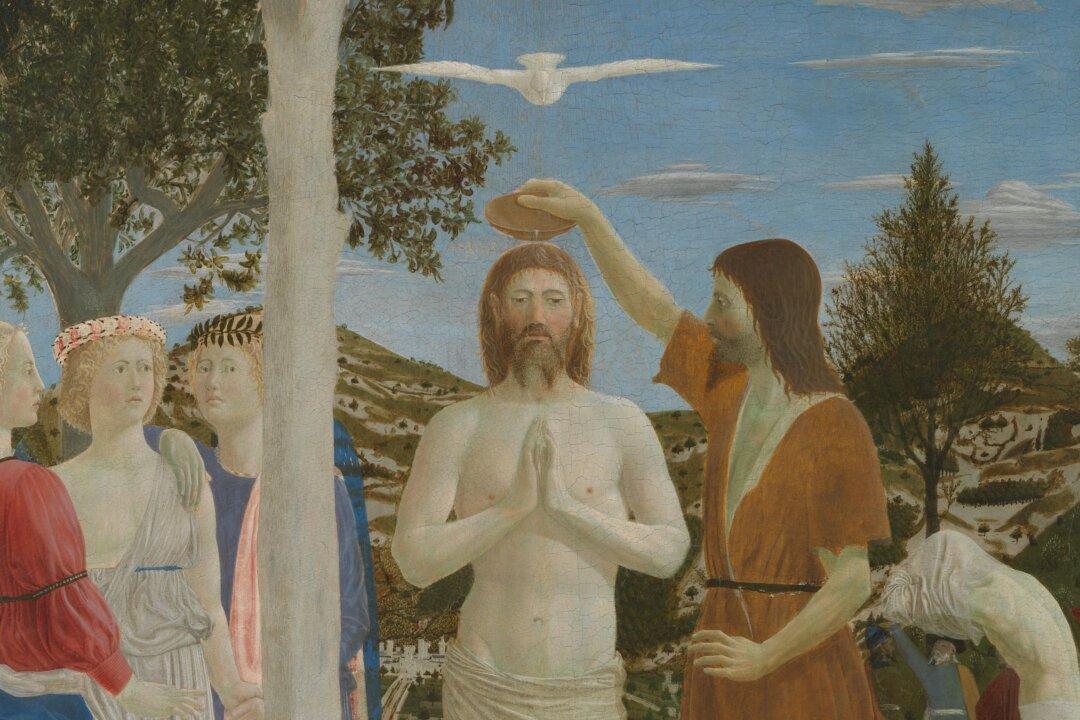Philadelphia abortionist Kermit Gosnell operated what a grand jury would later describe as a “baby charnel house.”
His clinic hadn’t been inspected for 17 years for political reasons. The perpetrator of a grisly catalog of horrors was convicted of first-degree murder in the deaths of three infants. Investigators also discovered that over the course of 30 years, he repeatedly violated Pennsylvania’s 24-week time limit on abortions.





